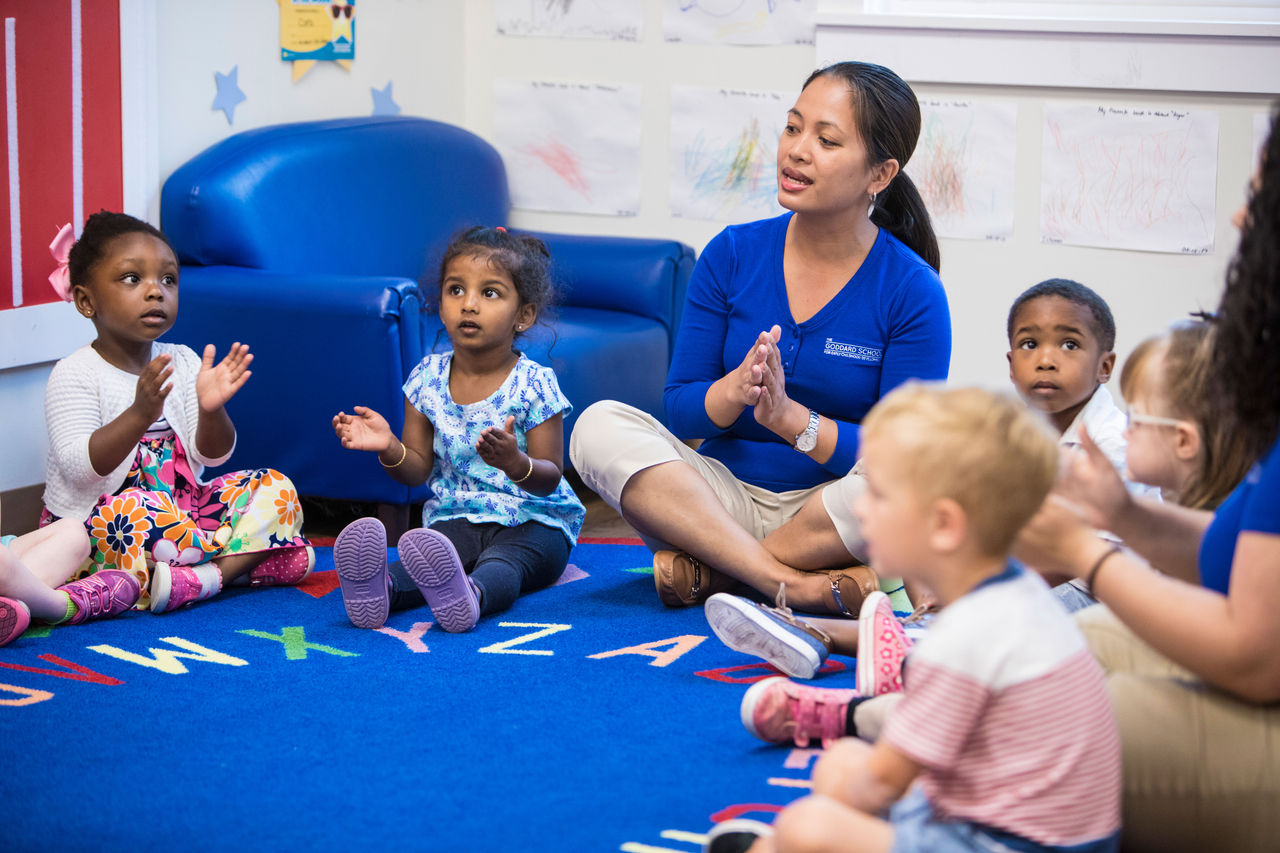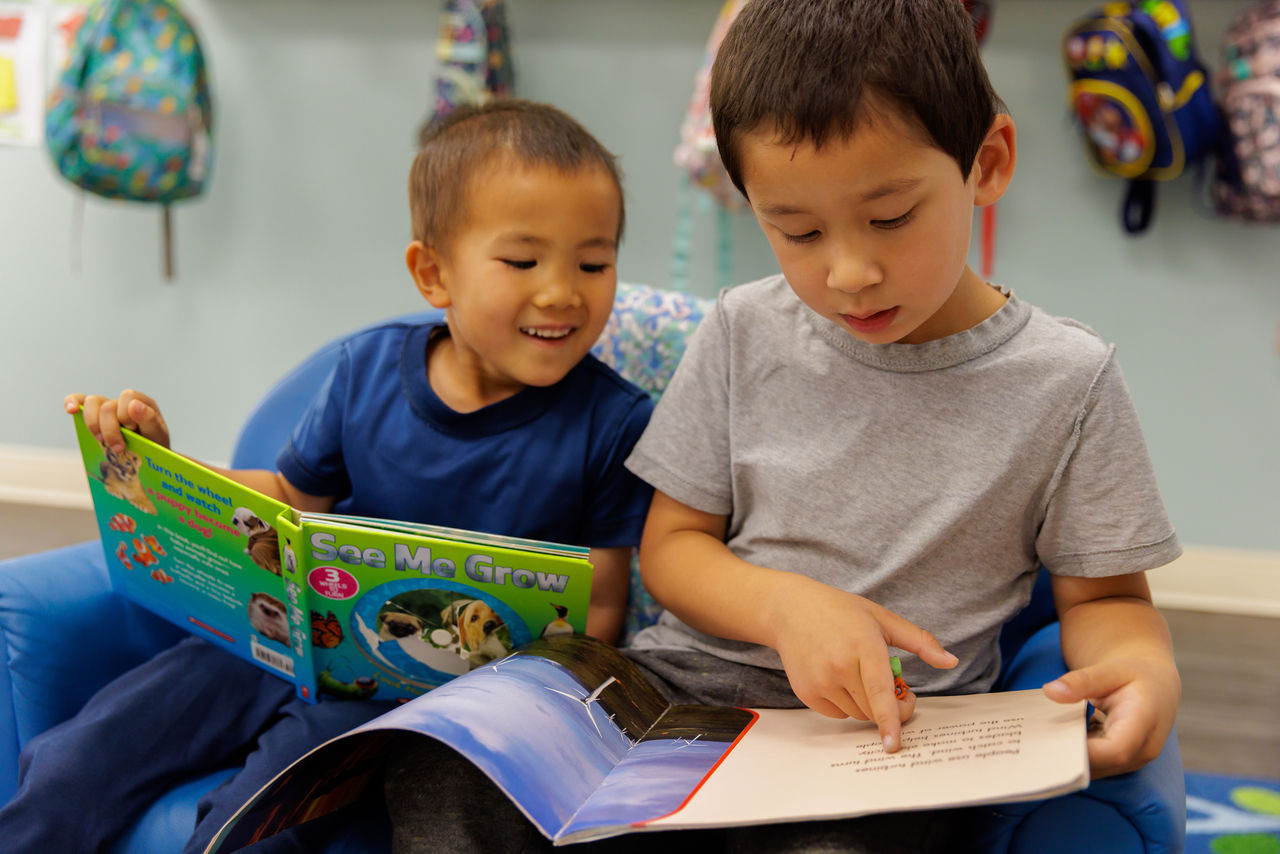These days, many parents worry that it’s essential to teach children academics as early as possible — that the earlier they learn basic skills, the better chance they’ll have of eventually getting into a good college and succeeding in life. But could that be doing children more harm than good?
The natural way to learn is through play. “Play is to early childhood as gas is to a car,” says Kathy Hirsh-Pasek, psychologist and author of A Mandate for Playful Learning. “Children who learn through play develop social and emotional skills, which are critical for long-term success.” The most effective play is free of evaluation and correction (after all, throwing a ball shouldn’t be “right” or “wrong”), while promoting autonomy.
A child at play is exploring infinite possibilities and learning all the while. That’s why it’s important to find a preschool with the right emphasis on play.
- Find a school that puts a priority on learning through play. For young children, play is unstructured and freeing. It’s not about expensive toys, in fact, the simpler the toy, the more ways it can be used by a child developing their imagination. Toys and equipment should be carefully chosen, first for safety and then for how they stimulate young imaginations and help children develop.
- Look at the total school environment. The right environment will be clean and safe, with spacious places to play, as well as the resources to provide imaginative, rewarding playtime. Look for a caring and well-trained staff, a critical element for any preschool. How children are treated is as critical to their development as what they are taught.
- Ask about enrichment programs. Look for a preschool that offers a wide variety of engaging programs, for example, yoga, manners and world cultures. These programs develop the whole child by encouraging their innate curiosity and imagination. Be sure to ask if these programs are included in the tuition.
For a child, play isn’t optional. The myriad benefits of play are so important — in terms of healthy bodies and minds — that parents should put play at the top of their list when thinking of their young one’s development.




